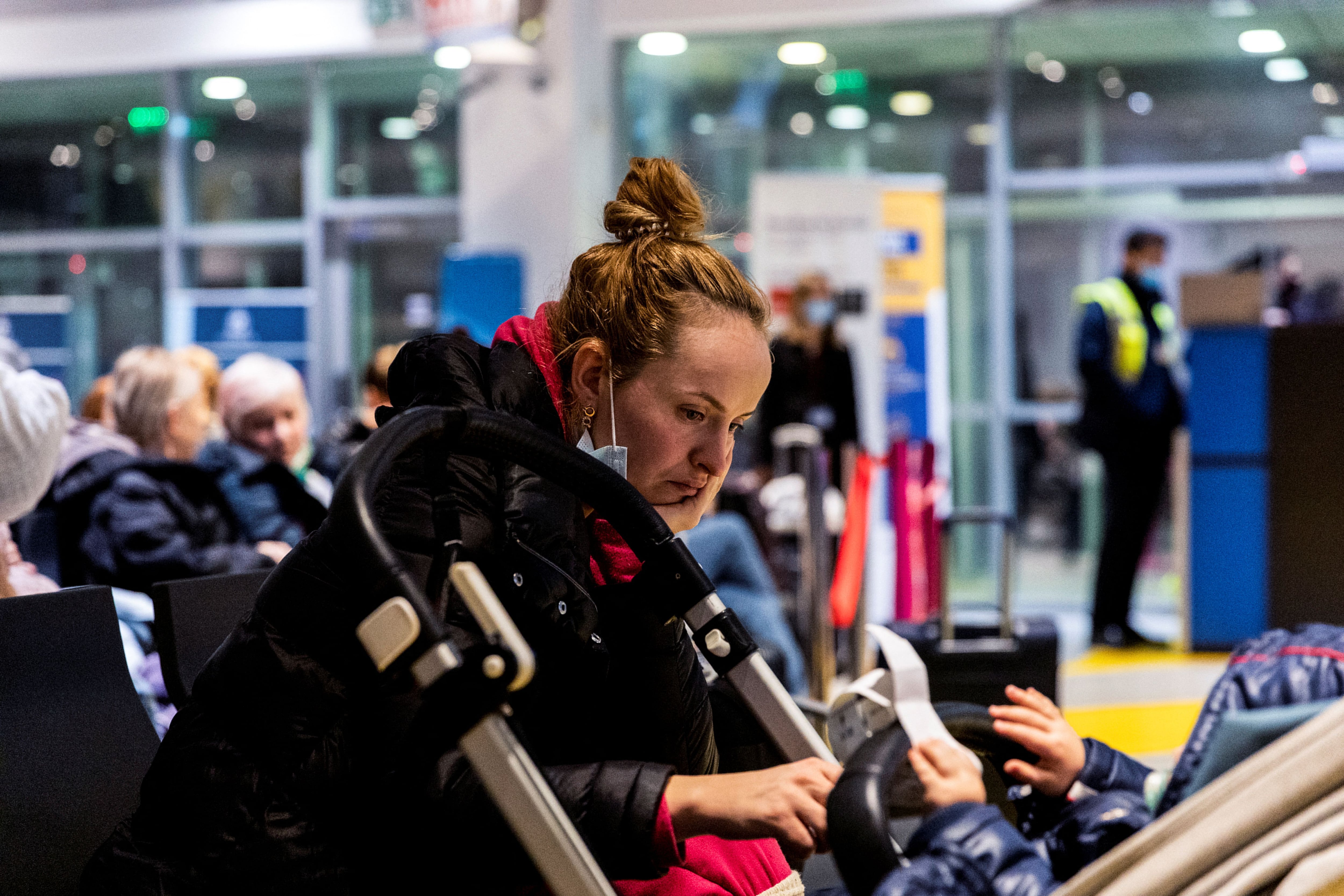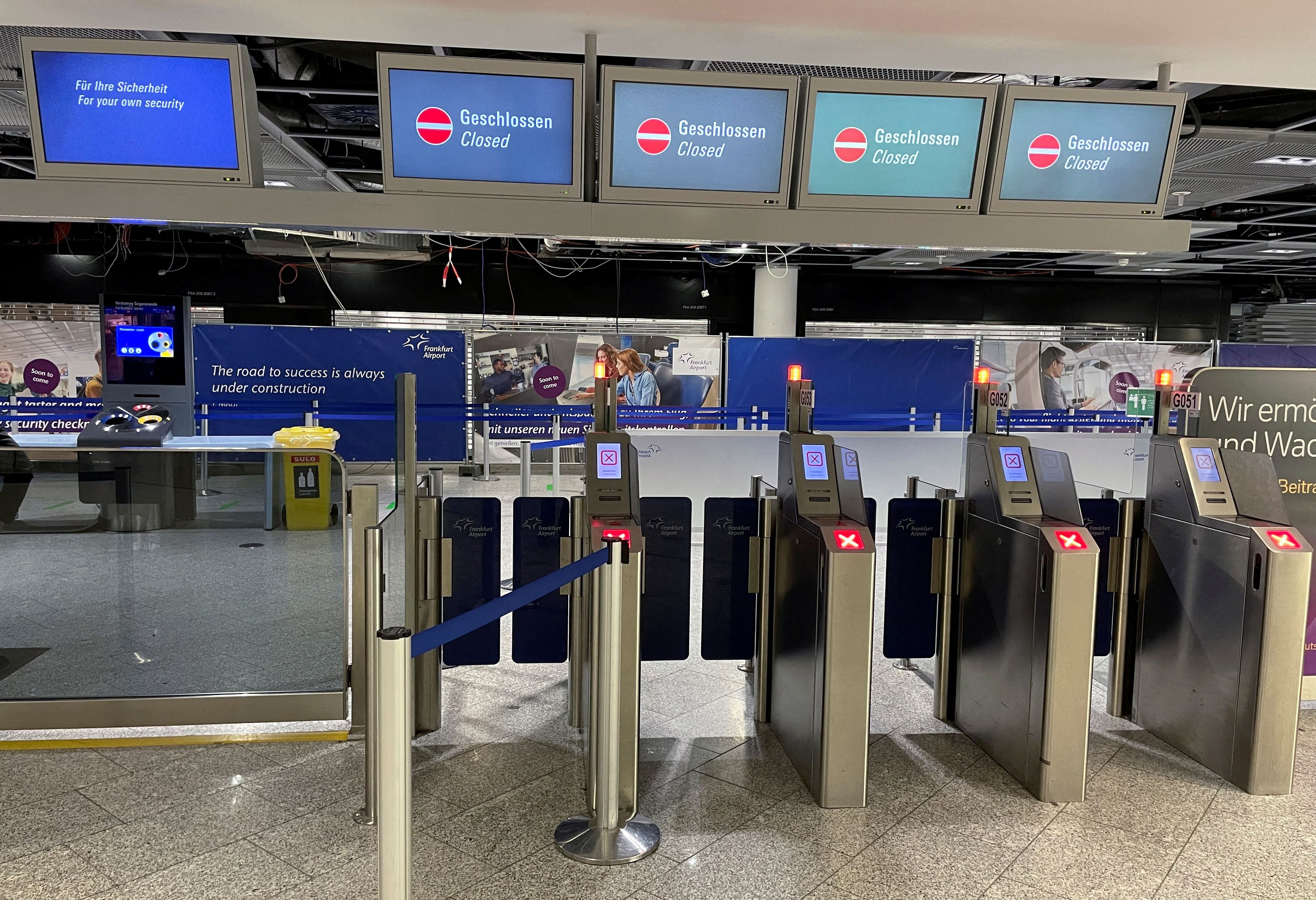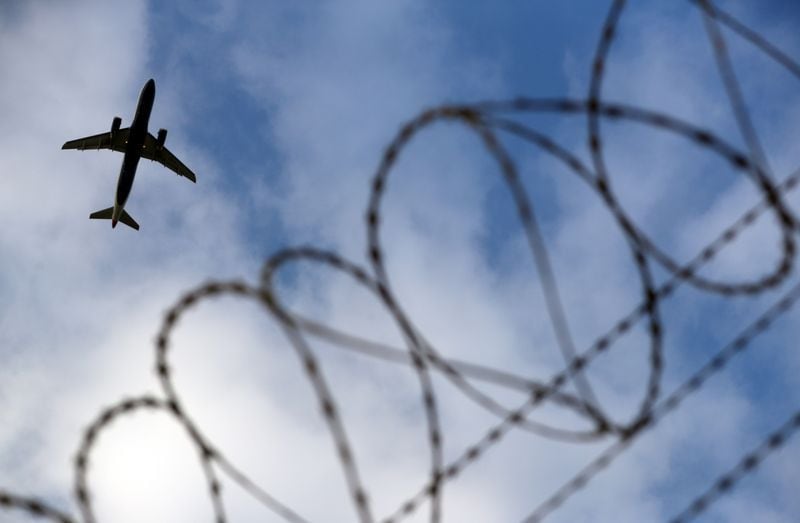
The travel industry was foreseeing a strong recovery after two years of pandemic when Russia's invasion of Ukraine, even with unpredictable consequences, added to the complexities of the international tourism scene.
The reaction of travelers to the purchase of tickets and reservations followed the curve that it had already experienced in early 2020 when the Chinese city of Wuham became the epicenter of the outbreak of COVID-19 in the world.
In the first week, only those directly involving Ukraine and very few destined for Russia were affected, but as tension continued and airspaces complicated circulation, and surrounding countries began to receive waves of refugees, travel plans began to be shocked.
A recent survey by MMGY Travel Intelligence revealed that the armed conflict in Ukraine is now twice as likely to affect travel plans to the United States and Europe than during the coronavirus pandemic. Among the survey participants, 62% said that the invasion is a determining factor in planning their trips. In contrast, 31% cited concerns about COVID when choosing their plans. In addition, 47% said they are taking a “wait and see” approach to how war evolves before making plans for Europe.
Another relevant data that allows you to analyze the spirit of travelers is the flight tracking app Hopper. In it, searches for flights to and from Europe from the United States increased as the wave of Omicron variants declined, heralding a gradual return to normal transit between continents. However, when rumors of the Russian invasion of Ukraine grew, and finally happened, demand began to decline again.

In Europe, international reserves have fallen between 21% and 15%. Beyond the fears of travelers, specialists insist that this is a transitional stage. COVID-19 is receding in most parts of the world thanks to vaccines and this has meant favourable adjustments to the movement of people between countries. For now, the increases in infections in China and Hong Kong do not move the ammeter of global tourist reserves.
For their part, according to industry leaders, the Russian invasion of Ukraine generates inconveniences, but these should remain limited to a limited area whose epicenter is Ukraine and Russia. At least for now.
Flexibility of anti-COVID measures
The latest major changes in the international tourism scene are encouraging. France lifted the COVID passport requirement to access most venues and events since March 14. Greece removed passenger locator forms since March 15. Romania, for its part, lifted all travel restrictions imposed due to since 9 March.
Ireland has abolished all COVID-19 entry restrictions since the beginning of March. Germany allows entry to all travellers, regardless of their country of origin, as it removed the list of countries and the traffic light marker since the beginning of this month.
In the Americas, meanwhile, the reduction of infections has reached 50% less than in January. John Hopkins University, which has conducted international case surveys on its open platform, indicates that the average number of cases in Latin America rose from more than 4 million a day in January to just under half in the last week. A condition that has improved the risk positioning issued by CDC in the United States and the European Union (EU) traffic light system.

A limited battle
Ukraine and Russia have Tier 4 “Do Not Travel” warnings reported by the US State Department, but this same recommendation has not been extended to other countries in the region. Poland is affected by that same recommendation but not because of the war, but because of its situation in the face of COVID.
“More than two million people from Ukraine have arrived in the EU countries in the first two weeks of the invasion alone. While the UN expects the number to rise to four million by June, we believe that will happen much sooner,” air safety specialists at Schengen Visa, Europe's common airspace, officially stated in a statement.
Unfortunately, Ukraine's neighbouring countries will undoubtedly be affected by the war as far as tourism is concerned. According to data revealed by ForwardKeys, the first week of the invasion saw the biggest drops in flight bookings in Bulgaria, Georgia, Hungary and Poland, a figure that was around 30-50%.

Regarding safety concerns for travel to the EU, senior vice president of global intelligence for crisis response and risk management firm Crisis24, Mike Susong, stated at a press conference that “there is no reason to worry about the safety of travel in the European Union due to distance between the war zone. Brussels, Belgium, are 1,300 kilometers from Lviv, in Ukraine,” he said.
Most airlines have not made any changes to their flight itineraries, although some of them that use Russian airspace to connect a third country with Europe have had to modify their air routes. However, the measure did not affect travelers, except that the trips became a little longer.
In an interview with the Washington Post, Greg Pearson, executive director of risk management firm FocusPoint International, said that “if anyone goes ahead with their travel plans, I advise that they do so with great caution. It is necessary to keep up to date with any changes in threat dynamics that may affect personal safety and the ability to move freely.”
Travelers have learned during this time to become cautious and schedule their trips in advance, noting the progress of the changes that borders are undergoing.
KEEP READING:
Últimas Noticias
Debanhi Escobar: they secured the motel where she was found lifeless in a cistern
Members of the Specialized Prosecutor's Office in Nuevo León secured the Nueva Castilla Motel as part of the investigations into the case

The oldest person in the world died at the age of 119
Kane Tanaka lived in Japan. She was born six months earlier than George Orwell, the same year that the Wright brothers first flew, and Marie Curie became the first woman to win a Nobel Prize

Macabre find in CDMX: they left a body bagged and tied in a taxi
The body was left in the back seats of the car. It was covered with black bags and tied with industrial tape
The eagles of America will face Manchester City in a duel of legends. Here are the details
The top Mexican football champion will play a match with Pep Guardiola's squad in the Lone Star Cup

Why is it good to bring dogs out to know the world when they are puppies
A so-called protection against the spread of diseases threatens the integral development of dogs



